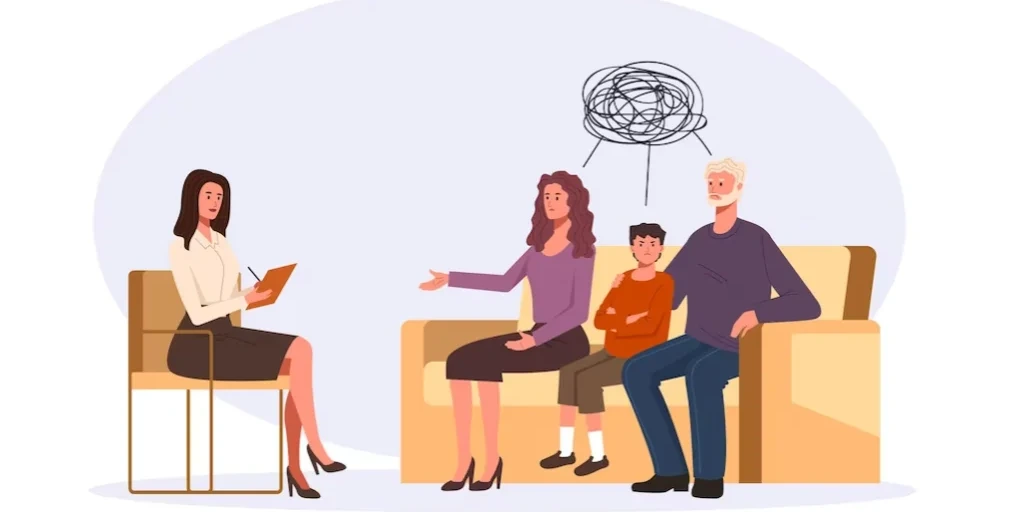24/7 Helpline:
(866) 899-111424/7 Helpline:
(866) 899-1114
Learn more about Ecstasy Detox centers in Union
Ecstasy Detox in Other Cities

Other Insurance Options

ComPsych

BlueShield

Premera

Magellan

BHS | Behavioral Health Systems

Meritain

Group Health Incorporated

Optum

Coventry Health Care

Medical Mutual of Ohio

BlueCross

EmblemHealth

United Health Care

American Behavioral

Providence

Regence

WellCare Health Plans

Molina Healthcare

PHCS Network

Absolute Total Care

Woodlands Behavioral Healthcare Network
Woodlands Behavioral Healthcare Network works with individuals, families, and the community to inspi...






















































































